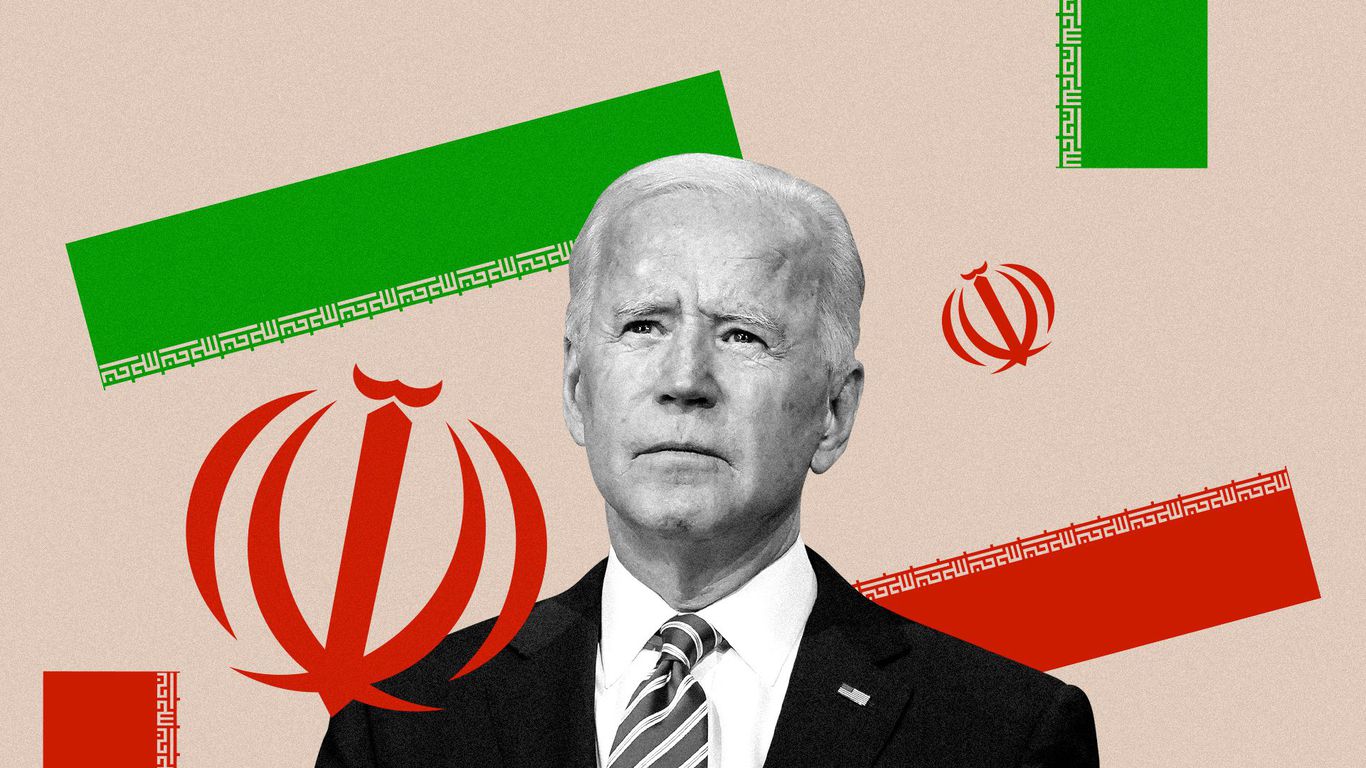Friday’s assassination of top Iranian scientist Mohsen Fakhrizadeh has blown a significant hole in Tehran’s unrelenting ambition to acquire nuclear weapons. He was the program’s mastermind who drew together many strands of its research. He led the clandestine acquisition of vital components in defiance of global sanctions, the building of missiles and guidance systems, and the miniaturisation needed to install nuclear devices into warheads. As much as Dr Fakhrizadeh’s demise is a major setback for Iran, it also underlines the difficulties confronting US president-elect Joe Biden as he prepares to make good on his election pledges to abandon Donald Trump’s unrelentingly hardline stance on Iran and reopen negotiations about returning the US to Barack Obama’s 2015 nuclear deal.
Israel has remained silent about Iranian charges that the Mossad spy agency was behind Dr Fakhrizadeh’s killing. But on Friday night, Israeli reporters were briefed about what a setback it was for Iran’s nuclear plans. Unusually following such assassinations attributed to Israel, major Israeli television stations on Saturday described the killing as “the pinnacle of Israeli strategy to thwart Iran getting the bomb”. There were also reports that Mossad chief Yossi Cohen attended an unprecedented meeting in Saudi Arabia last week involving Israeli Prime Minister Benjamin Netanyahu and two other “anti-Iran hawks” — Saudi Crown Prince Mohammed bin Salman and US Secretary of State Mike Pompeo. The meeting coincided with Donald Trump ordering B-52 Stratofortress bombers to the Gulf, while Israel’s military was put on high alert.
Read the editorial in The Australian.

